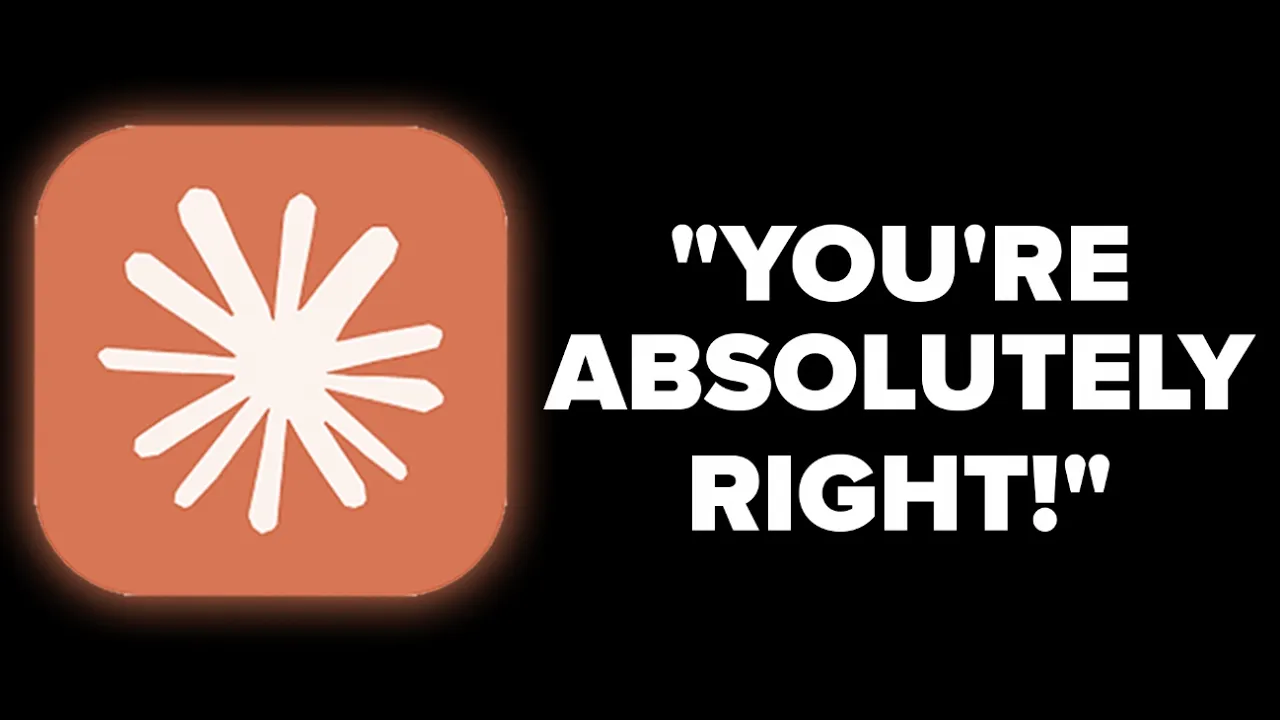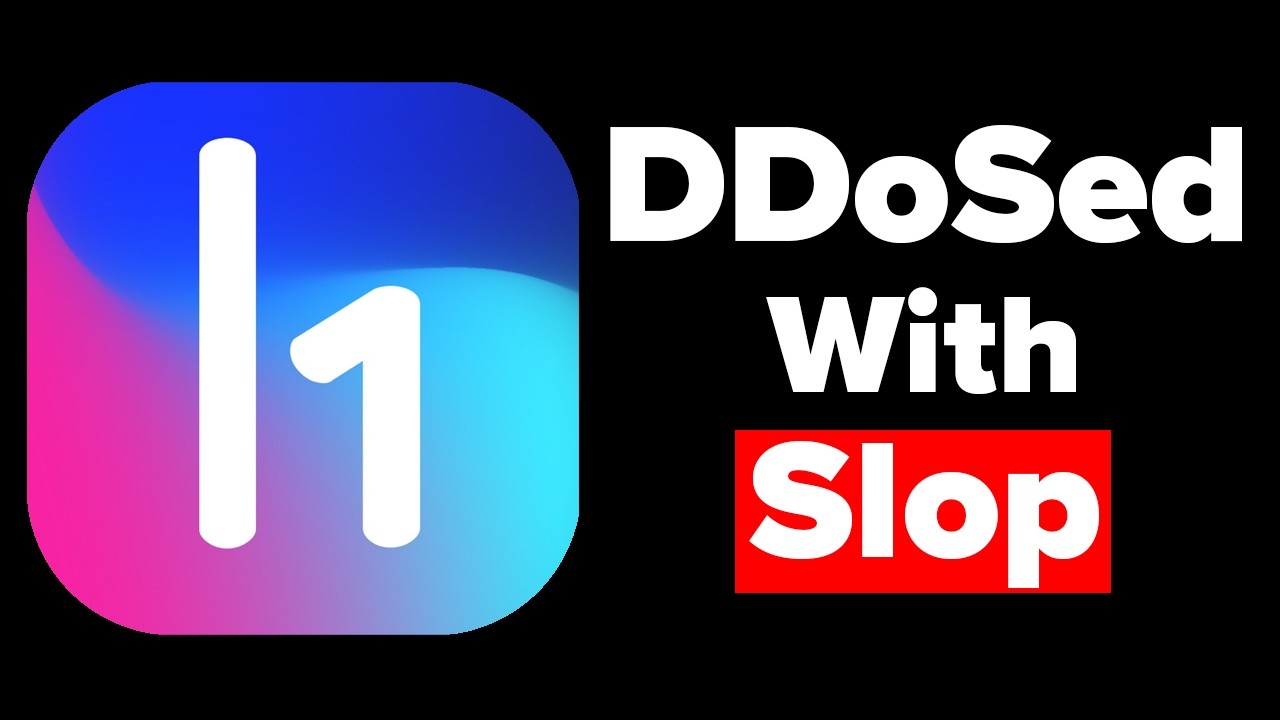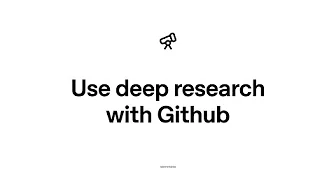Code Review Practices
Guidelines, tools, and methodologies for implementing effective code review processes in development teams establish structured approaches for quality assurance and knowledge sharing throughout the software development lifecycle. Thoughtful code review practices balance thoroughness with efficiency, focusing on identifying logical errors, security vulnerabilities, and maintainability issues rather than stylistic preferences that can be automated through linting tools and formatting standards. Effective code review cultures emphasize constructive feedback that separates the code from the developer, using language that focuses on the implementation rather than the person and providing specific, actionable suggestions rather than vague criticisms. Pull request templates guide reviewers through standardized checklists covering common issues like test coverage, documentation completeness, and adherence to architectural patterns, ensuring comprehensive reviews regardless of the reviewer's experience level or familiarity with the codebase. Modern code review workflows leverage automation tools that integrate with version control systems to enforce quality gates, automatically assign appropriate reviewers based on code ownership, and provide metrics on review coverage and response times to identify bottlenecks in the development process.









